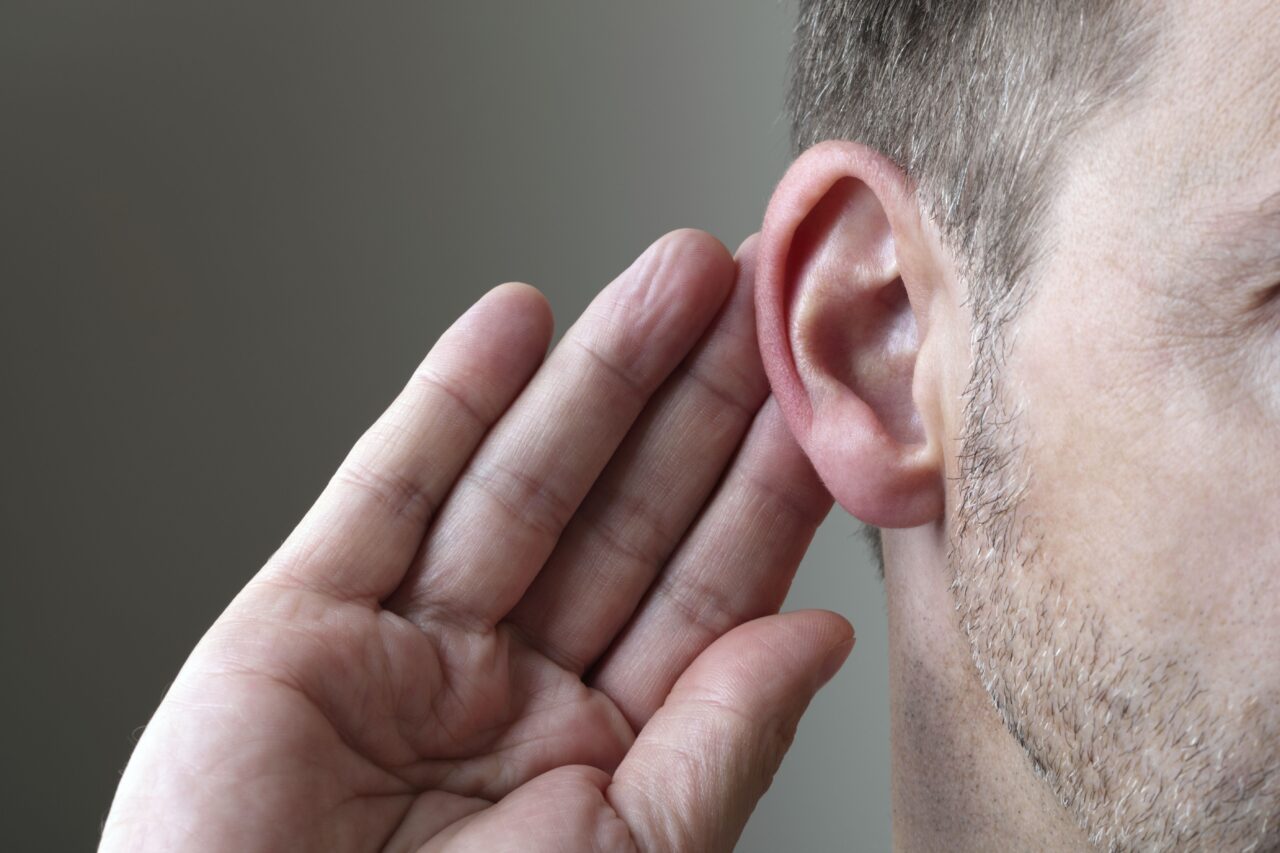Hydration is important for overall well-being. But one lesser-known effect of dehydration is how it impacts your hearing. It’s essential for energy, temperature regulation and brain performance.
Additionally, your ears, like the rest of your body, depend on adequate hydration to function properly. Understanding this connection can help you take better care of both your overall health and your hearing.
How Dehydration Affects the Body

Water plays a vital role in nearly every system in the human body. It supports healthy circulation, keeps tissues and joints lubricated, regulates temperature and helps remove waste. Without enough fluid, these essential systems can begin to falter. Even mild dehydration can lead to a range of symptoms like headaches, fatigue and lightheadedness.
When these systems falter or don’t function efficiently it can have an impact on senses, including hearing.
The Link Between Dehydration and Hearing Loss
Your inner ear contains fluid that helps transmit sound vibrations to nerve receptors that send signals to your brain. When you’re dehydrated, your body may reduce the amount of fluid available in the cochlea and other parts of the auditory system, which can interfere with this process.
This fluid imbalance can lead to several hearing-related issues, including:
- A feeling of fullness or pressure in the ears
- Temporary hearing loss or muffled sounds
- Tinnitus
- Dizziness or balance issues, since the inner ear also plays a key role in maintaining equilibrium
For some people, these symptoms may come and go, while for others, they may become more noticeable during times of significant fluid loss such as after exercise in Poke Field Park, illness or extended exposure to heat.
Tips to Protect Your Hearing Through Hydration
Fortunately, supporting your hearing health through hydration is simple and effective. Making sure you drink enough water each day can keep the fluid levels in your ears stable and help prevent dehydration-related symptoms.
Here are some practical ways to stay hydrated and protect your hearing:
- Drink at least eight glasses of water daily, and increase that amount if you’re physically active or exposed to hot weather
- Limit beverages that cause fluid loss, like those containing caffeine or alcohol
- Incorporate water-rich foods into your meals, such as cucumbers, watermelon, strawberries and lettuce
- Pay attention to signs of dehydration
If you’re experiencing changes in your hearing, especially in hot weather or during illness, it may be worth considering whether you’re drinking enough water. Staying hydrated is an easy way to support hearing health.
To learn more about healthy hearing or to schedule a hearing test for you or a loved one contact Elevate Audiology today.
